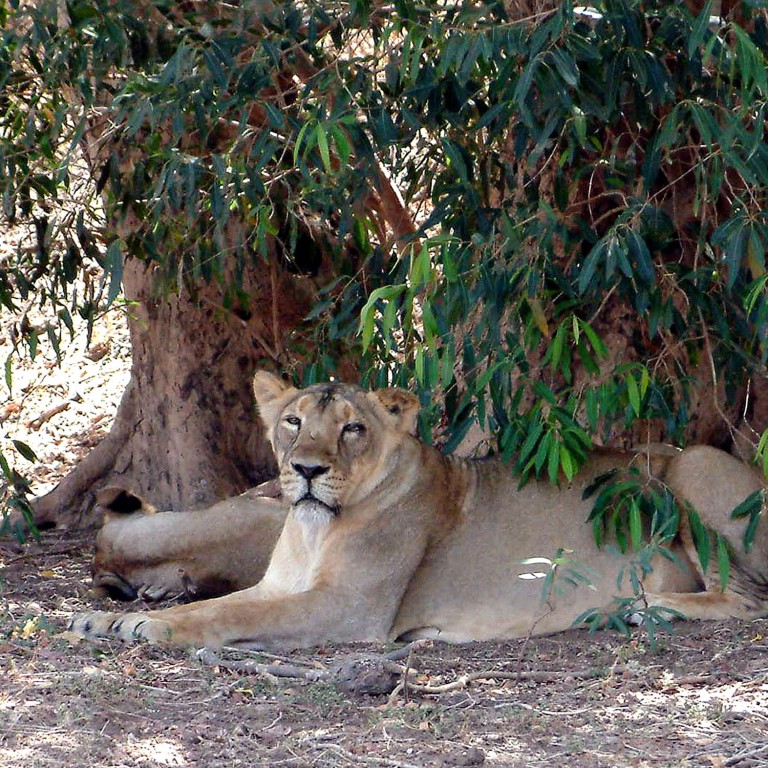 An Indian Hindu nationalist organisation has launched a court petition to stop two lions named after the Hindu deity Sita and a 16th-century Muslim emperor from sharing a zoo enclosure.
An Indian Hindu nationalist organisation has launched a court petition to stop two lions named after the Hindu deity Sita and a 16th-century Muslim emperor from sharing a zoo enclosure.
Vishwa Hindu Parishad (VHP), a prominent right-wing Hindu organisation, went to court in West Bengal state after reports a lioness named Sita had been put together with a lion called Akbar.
Akbar was a Mughal emperor who extended Muslim rule over much of the Indian subcontinent, a time Hindu nationalist groups say was a period of slavery.
“Sita cannot stay with the Mughal emperor Akbar,” VHP official Anup Mondal said Sunday, saying it hurt religious sentiments in the Hindu-majority nation.
The VHP lodged a plea on Friday calling for a name change.
General elections, likely to be held in April, are expected to see Modi win a third term in power.
Mondal said the lion called Akbar had previously been named after the Hindu deity Ram when he was in the neighbouring state of Tripura, which is controlled by Modi’s Bharatiya Janata Party (BJP).
But the lion’s name was changed when he was brought to West Bengal, which is controlled by the opposition Trinamool Congress party.
The VHP petition calls for a ban on using religious names for animals in zoos.
West Bengal forest department official Dipak Kumar Mandal said “the lion and the lioness are now kept separately”.
The case is scheduled for a hearing on February 20.
The construction of the temple is a central promise of the BJP and a contentious political issue that helped catapult the party to prominence and power.
The temple site was bitterly contested for decades with both Hindus and Muslims laying claim to it and was a flashpoint for violence after a Hindu mob in 1992 destroyed a 16th-century mosque that stood there.
